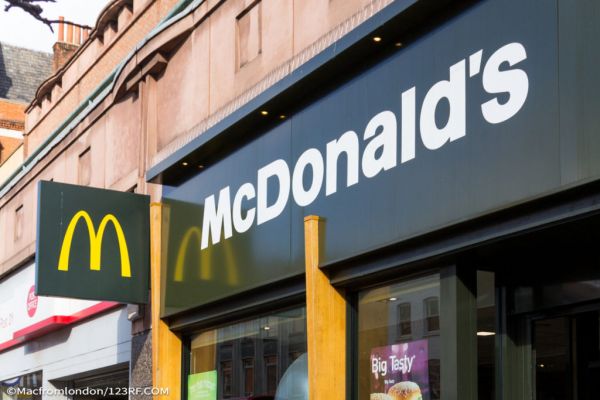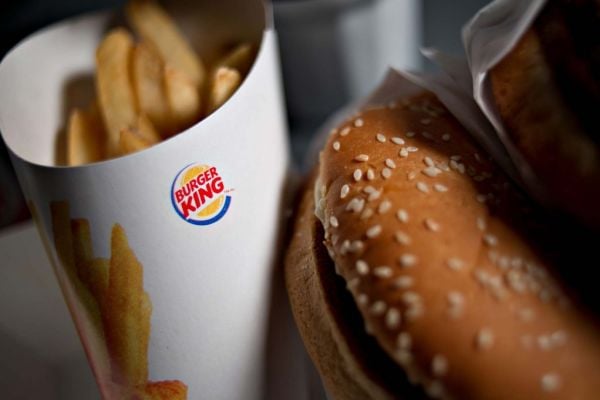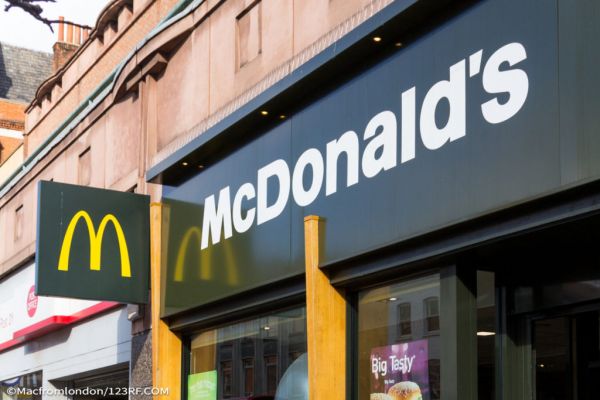Britain must relax its new immigration rules to allow more foreign workers in and ease labour shortages caused by the COVID-19 pandemic and Brexit, a leading employers group, the Confederation of British Industry (CBI), has said.
The news follows last week's news that Britain's government has rejected calls from retail and logistics companies to temporarily ease post-Brexit immigration rules that they say are contributing to a shortage of truck drivers and acute supply chain disruption, as well as news that fast food chains McDonald's, KFC and Nando's, as well as bakery chain Greggs, have all faced disruption this week as suppliers struggled to deliver to them.
Since COVID-19 pandemic-related restrictions began to ease earlier this year, allowing the UK economy to reopen, companies have complained increasingly of a lack of workers especially in hospitality, food processing and logistics which has led to gaps on supermarket shelves and restaurant closures.
A shortage of truck drivers has forced some employers to offer signing-on and retention bonuses of up to £5,000, and official data shows a record number of job vacancies.
The CBI said that drivers, welders, butchers and bricklayers should be classed as shortage occupations for immigration purposes. This would allow easier access to visas, but also for the employers sponsoring them to pay salaries below thresholds for migrant workers under Britain's new migration system.
The government has called on employers to train more British people to fill their vacancies but the CBI said that would take up to two years.
The pandemic and uncertainty about precise immigration rules have made it hard to prepare for the end of free movement for most EU workers on January 1 of this year, it said.
"The government promised an immigration system that would focus on the skills we need rather than unrestrained access to overseas labour. Yet here we have obvious and short-term skilled need but a system that can't seem to respond," CBI director-general Tony Danker said.
The government has also failed to follow official advice on which jobs should qualify for shortage status, and rules on what kinds of training qualified for support under a government apprenticeship scheme were also too restrictive, the CBI said.
Britain's government has been reluctant to ease its immigration rules. Last month, the business ministry rejected a call from retailers and logistics firms for an exemption for truck drivers, and said that the industry should improve pay and conditions instead.
The CBI said that it does not expect that the end of the government's furlough programme on September 30 - when several hundred thousand private-sector workers are likely to become unemployed - will make it significantly easier for companies to find staff.
Supply Shortages Sap Strength Of Euro Zone Recovery
The above news coincides with news that euro zone business activity remained strong last month, despite fears about the Delta variant of COVID-19 and widespread supply chain issues, according to a survey that suggested that the bloc's economy could be back to pre-COVID-19 levels by year-end.
IHS Markit's final composite Purchasing Managers' Index (PMI), seen as a good guide to economic health, dropped to 59.0 last month from July's 15-year high of 60.2, still well above the 50 mark separating growth from contraction but below a 59.5 "flash" estimate.
"Growth momentum in the euro zone is fading according to recent surveys and nowcast indicators. The big question is whether the recovery can carry on at a decent pace and quickly close the gap with pre-pandemic GDP," Bert Colijn at ING said.
The economy will grow 2.2% this quarter, a Reuters poll published last week predicted and IHS Markit said that the euro zone economy is on track to be back at pre-pandemic levels by the end of the year, if not sooner.
But ongoing supply chain disruptions caused by the pandemic meant the cost of raw materials soared again this month. The input prices index was a near record 69.5 - although down from July's 69.9.
Inflation surged to a ten-year high of 3.0% in August with further rises likely, official data showed last week, challenging the European Central Bank's benign view on price growth and its commitment to look past what it deems a temporary increase.
Still, with much of the service industry reopening after the lifting of many restrictions its PMI remained well above breakeven at 59.0, albeit below July's 59.8 which was the highest reading since June 2006.
Services activity in Germany, Europe's largest economy, expanded at a strong pace as businesses which had been hit by coronavirus lockdowns catered for pent-up demand, although staff shortages and costs pressures put a dent in France's growth.
Italy's services industry recorded another month of steep growth, sustaining hopes of a strong economic rebound, and in Spain the sector expanded for the fifth month in a row as more COVID-19 travel restrictions were phased out.
In Britain, outside the common currency union, the recovery lost more momentum than originally estimated as staff shortages and supply chain issues weighed on companies in the country's huge services sector.
Meanwhile, euro zone retail sales, a proxy for consumer demand, were much weaker than expected in July, pulled down mainly by a sharp fall in the number of goods bought online, official data showed.
Fears lockdown measures could be re-imposed have also put a dent in optimism. The euro zone services business expectations index in the PMI survey dipped to a four-month low of 68.9 from 69.1.
News by Reuters, edited by Hospitality Ireland. Click subscribe to sign up for the Hospitality Ireland print edition.









